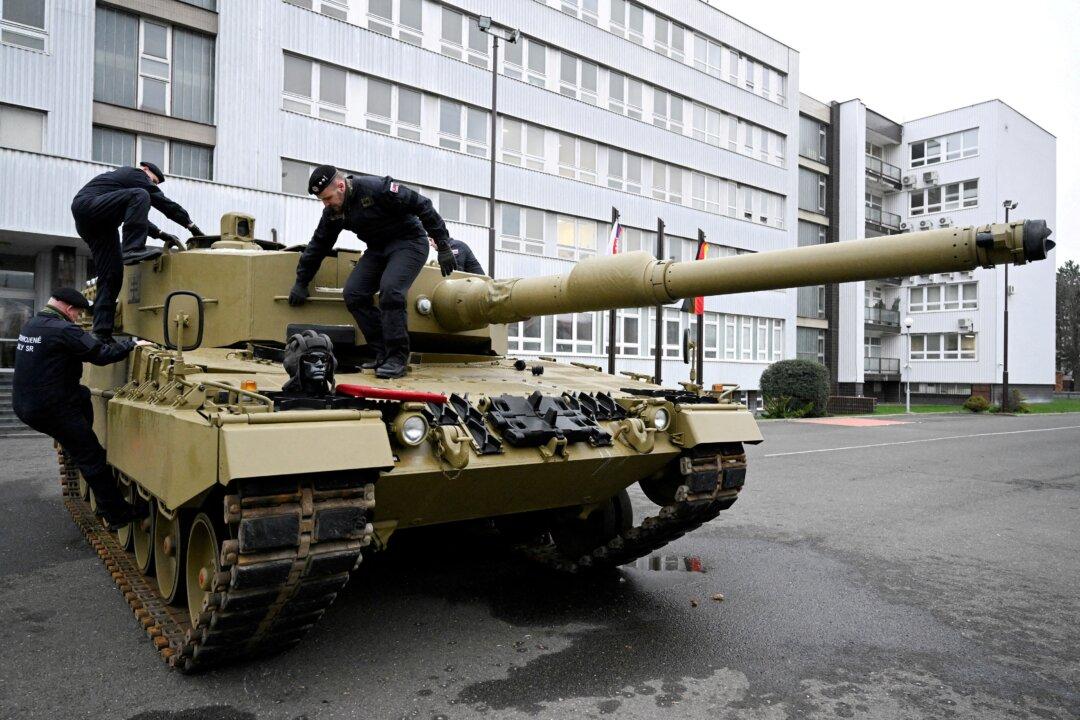Ukraine has received more than 230 battle tanks and 1,550 assorted combat vehicles from its Western allies and now has all the equipment and munitions it needs to launch its spring offensive against Russia, the commander of U.S. forces in Europe told a congressional panel on April 26.
“Over 98 percent of the combat vehicles are already there,” U.S. European Command (USEUCOM) Commander Gen. Christopher Cavoli said. “I am very confident that we have delivered the matériel that they need, and we’ll continue a pipeline to sustain their operations as well.”





